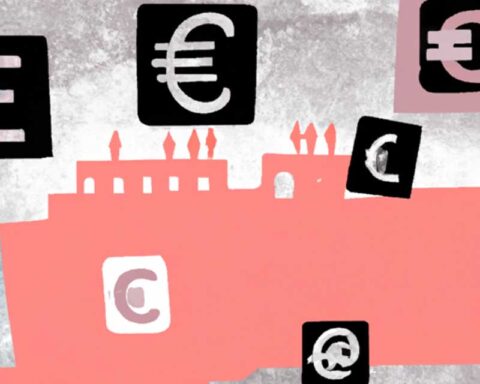TLDR:
Blockchain technology is revolutionizing the insurtech sector in 2024 by enhancing data security, streamlining claims processing, and enabling innovative applications such as peer-to-peer insurance and parametric insurance. Blockchain also offers benefits in reinsurance and risk management. Challenges include regulatory compliance, integration with legacy systems, and scalability. The future of blockchain in insurtech includes increased adoption, collaborative ecosystems, and personalized insurance products.
Key Elements of the Article:
- Blockchain technology transforming insurtech sector in 2024
- Enhanced data security and privacy
- Streamlined claims processing with smart contracts
- Fraud detection and prevention using blockchain
- Peer-to-peer insurance models and parametric insurance
- Efficient reinsurance and risk management with blockchain
- Challenges in regulatory compliance, integration, and scalability
- Future trends in blockchain adoption and personalized insurance products
In 2024, blockchain technology is spearheading a transformative wave in the insurtech sector, introducing innovations that promise to reshape the industry landscape. As blockchain’s immutable, transparent, and decentralized nature aligns perfectly with the core needs of insurance—trust, security, and efficiency—the integration of these technologies is creating unprecedented opportunities for insurance companies, policyholders, and regulators alike. This article delves into the myriad ways blockchain is disrupting insurtech, highlighting key advancements and their implications for the future.
Blockchain ensures enhanced data security and privacy in the insurance industry by securely encrypting all data and making it immutable. This feature reduces the risk of data breaches and fraud. Smart contracts introduced by blockchain expedite claims processing, reduce administrative costs, and enhance customer satisfaction. Additionally, blockchain enables insurers to detect and prevent fraud more effectively, ultimately saving billions annually.
Blockchain is also fostering innovative applications in insurtech, such as peer-to-peer insurance models and parametric insurance. These models offer cost-effective, transparent, and efficient alternatives to traditional insurance. Furthermore, blockchain streamlines reinsurance processes by providing a transparent and immutable record of transactions, improving risk management and reducing disputes.
Despite the numerous benefits of blockchain in insurtech, challenges such as regulatory compliance, integration with legacy systems, and scalability issues need to be addressed. However, as more insurance companies recognize the advantages of blockchain, increased adoption and innovation in this space are expected. Collaborative ecosystems and personalized insurance products tailored to individual needs are also predicted to shape the future of blockchain in insurtech.









